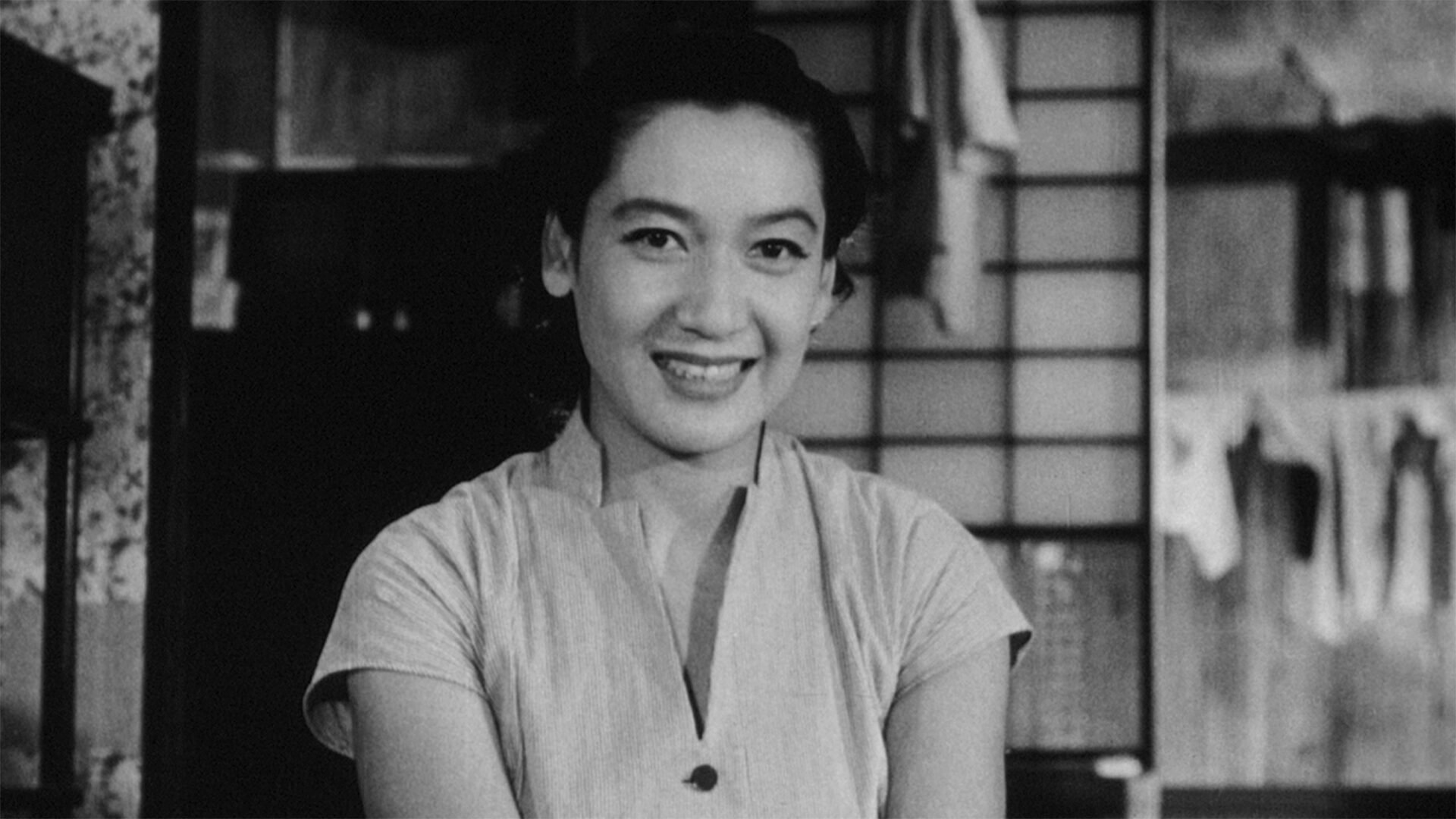Hara Setsuko Centenary: The Noriko Trilogy screens three of Ozu Yasujirō’s greatest films, at The Cinematheque December 23 to January 3
Good things come in threes in legendary actor’s conflicted “Norikos”, in Late Spring, Early Summer, and Tokyo Story
Japanese actress and icon Hara Setsuko in the famous Tokyo Story.
The Cinematheque presents Hara Setsuko Centenary: The Noriko Trilogy from December 23 to January 3
“I JUST WANT to make a tray of good tofu. If people want something else, they should go to the restaurants and shops.” With those words, master filmmaker Ozu Yasujirō modestly summed up the way he turned everyday life into luminous poetry.
His name, and his elliptical, meticulously composed style, has been mentioned a lot lately, as an influence on Ryûsuke Hamaguchi’s celebrated, equally low-key Drive My Car.
Now you can see some of Ozu’s best work on the big screen as The Cinematheque and the Nikkei National Museum & Cultural Centre celebrate the centenary of one of the late director’s most magnetic muses—Japanese actress and icon Hara Setsuko.
She starred in some of his greatest films. Arguably the best is 1953’s Tokyo Story (showing December 26 and 30), in which an elderly couple find their adult children too preoccupied to tend to them, save for Hara’s widowed Noriko. It’s a study in Ozu’s style, from his meditative “pillow shots” to his low-set lens, the camera sitting quietly at ground level, observing a family interact. In its simple, sad way, it asks profound questions about aging, the meaning of life, and the tragedy of not understanding your parents until it’s too late that may just move you to tears.
Elsewhere, 1949’s Late Spring (December 23, 29, and January 3) marked the beginning of Hara’s 12-year collaboration with Ozu—and her first of three devoted yet strong-willed daughters named Noriko who come into quiet conflict with Japanese traditionalism. Here, she’s a caretaker and housekeeper to her elderly widower father, who fabricates a story to convince her to marry and leave home.
Early Summer, from 1951, rounds out the trilogy (December 23, 28, and 30), in another tale of an unmarried adult daughter being pressured to take a husband. In this case, the generational conflict centres around a modern Noriko who finds herself faced with an arranged marriage. Like the other two films, it's a nuanced, deeply human look at post-war Japanese society--as serenely wrought as a traditional Japanese room with tatami mats and shōji screens. In other words, the finest tofu.













